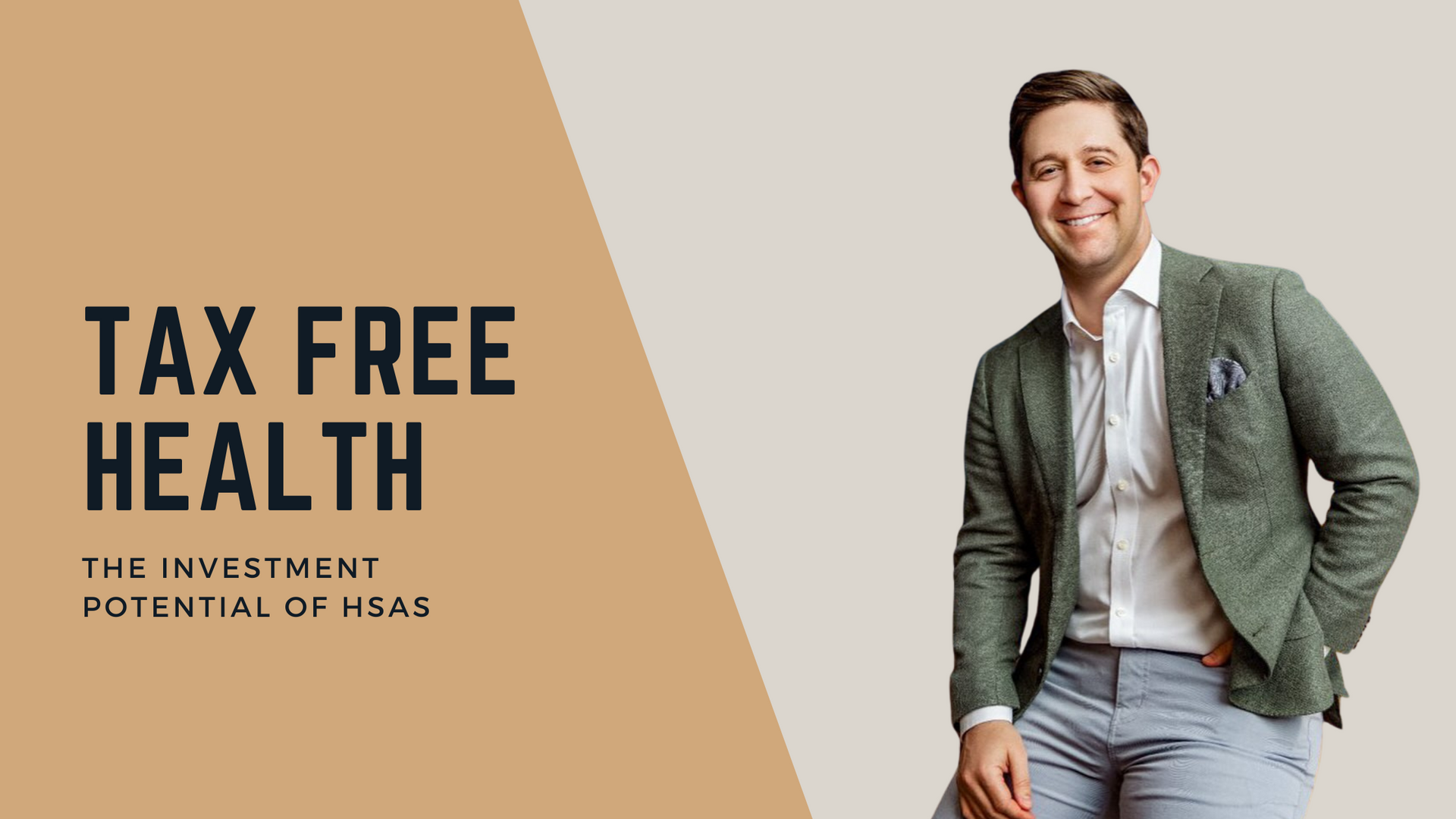The Best Place to Put Your Money: HSAs
The Best Place to Put Your Money: HSAs
Looking to save money on taxes while saving for healthcare expenses? Consider a Health Savings Account (HSA). They offer tax advantages that make them an excellent choice for your money if you're eligible.
What You'll Learn
In this post, you will learn:
- Health Savings Accounts (HSAs) offer the best tax advantages?
- HSAs provide tax-free contributions, withdrawals, and growth.
- Differences between HSAs and other retirement accounts like IRAs and 401(k)s
- How to invest your HSA funds for tax-free growth?
- HSA contribution eligibility requirements
- How much can I contribute to an HSA in 2023?
- By the end of this post, you'll understand why HSAs are the most tax-advantaged place to put your money if you're eligible, and how to take advantage of their benefits.
Table of Contents
- Introduction
- What will you learn?
- Avoid Taxes with an HSA
- HSA contributions are tax-deductible.
- Withdrawals for medical expenses are tax-free.
- Any growth or earnings in the account are tax-free.
- HSAs vs. Other Retirement Accounts
- Traditional IRA or 401(k)?
- Roth IRA or 401(k)?
- Don't forget: You can invest your HSA funds.
- Are you eligible for an HSA?
- High-deductible health plan (HDHP) requirements
- Contribution limits for 2023
- The Bottom Line
- About the Author
Avoid Taxes with an HSA
When you contribute to an HSA, you get a tax deduction [CITATION NEEDED]. Unlike Traditional IRAs and 401(k)s, you avoid taxes instead of deferring them:
- HSA contributions are tax-deductible [CITATION NEEDED].
- Withdrawals for medical expenses are tax-free [CITATION NEEDED].
- Any growth or earnings in the account are tax-free [CITATION NEEDED].
You don't pay taxes on the money you put in or take out for medical expenses, or any growth in between. It's the ultimate tax-free account [CITATION NEEDED].
HSAs vs. Other Retirement Accounts
Other retirement accounts like IRAs and 401(k)s offer tax advantages, but they don't stack up to HSAs:
- With a Traditional IRA or 401(k), you get a tax deduction now, but owe taxes on the money when you withdraw it in retirement.
- With a Roth IRA or Roth 401(k), you pay taxes now and can withdraw tax-free in retirement.
- With an HSA, you get tax-free contributions and withdrawals for medical expenses.
- IRAs and 401(k)s are great for retirement savings, HSAs offer more powerful tax benefits.
Remember: You Can Invest Your HSA Funds
One overlooked HSA feature is the ability to invest money, similar to an IRA or 401(k). Any growth or earnings are tax-free.
This means you can save on taxes by contributing to an HSA and grow your money tax-free for years. When you withdraw the money for medical expenses, you won't owe any taxes on those earnings.
Are you eligible for an HSA?
Not everyone can contribute to an HSA. To qualify, you must be enrolled in a high-deductible health plan (HDHP). For 2023, that means a plan with a deductible of at least $1,500 for an individual or $3,000 for a family.
If you have an HDHP, opening and funding an HSA is a clear decision. You can contribute up to $3,850 for an individual or $7,750 for a family in 2023, with annual inflation adjustments.
The Bottom Line
If you're eligible for an HSA and not contributing, you're missing out on the most tax-advantaged way to save for healthcare. HSAs offer unparalleled tax benefits with tax-free contributions, withdrawals (for medical expenses), and growth. Open and fund an HSA today if you have an HDHP.
About the author
David Talley, the founder and CEO of Talley Financial, a fee-based financial planning firm for small business owners, holds the Series 6, 7, 63, and 65 investment licenses through LPL Financial, as well as life and health insurance licenses. He is a Chartered Financial Consultant (ChFC) and a CERTIFIED FINANCIAL PLANNER™ professional (CFP).
Menu
Get In Touch
Newsletter Sign-Up
Thanks for signing up for our Newsletter!
Please try again later.
Securities and advisory services offered through LPL Financial, a registered investment advisor. Member FINRA/SIPC
The LPL Financial registered representative(s) associated with this website may discuss and/or transact business only with residents of the states in which they are properly registered or licensed. No offers may be made or accepted from any resident of any other state.
Check the background of investment professionals associated with this site on FINRA's BrokerCheck and CFP Board's background Verification tool.
Talley Financial




